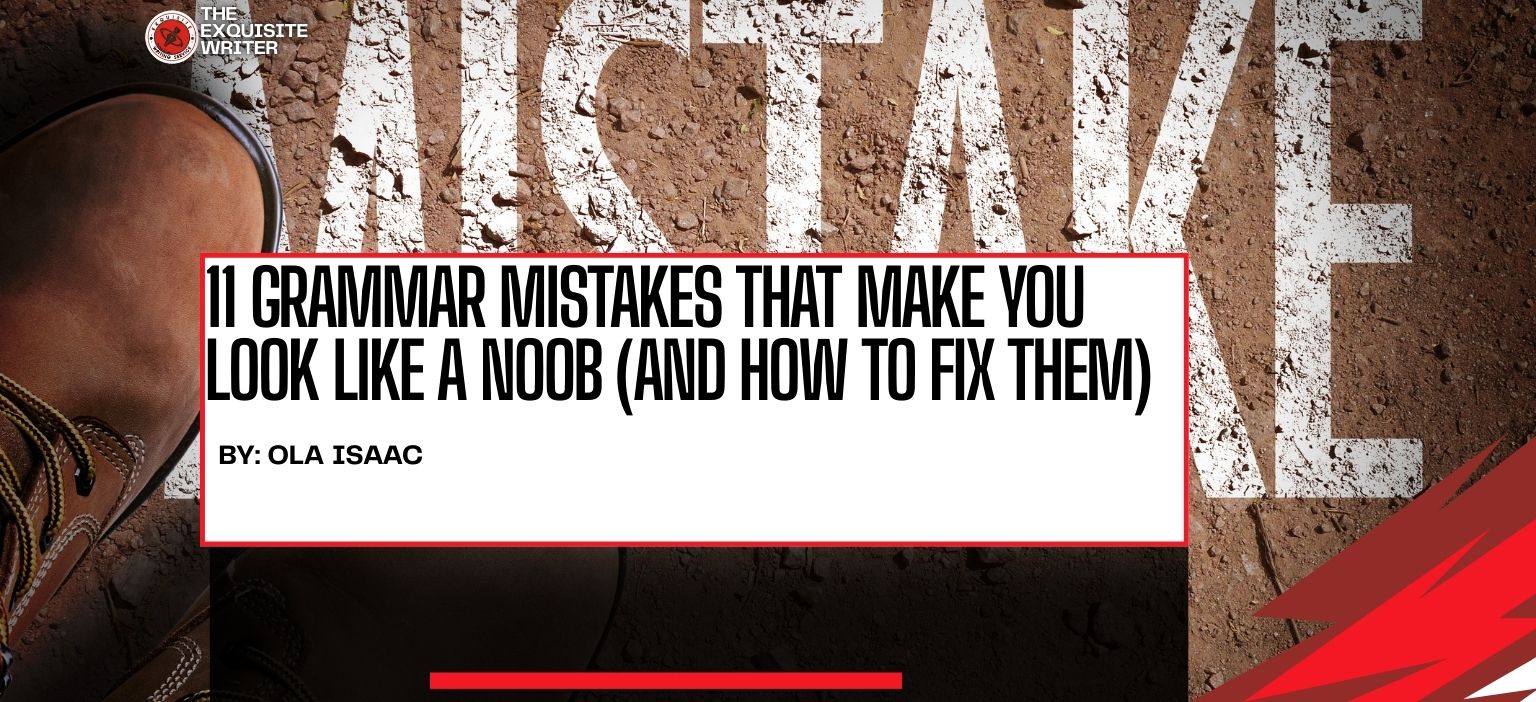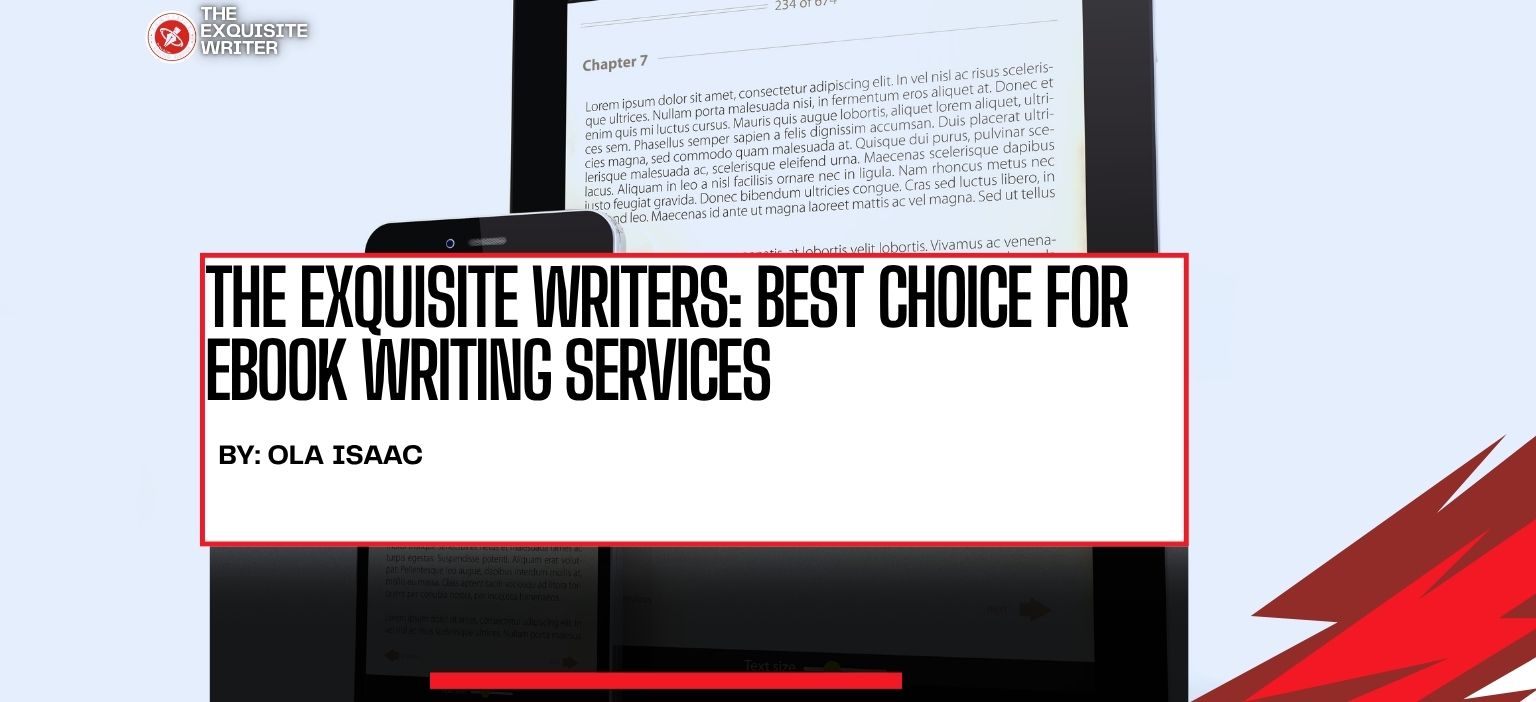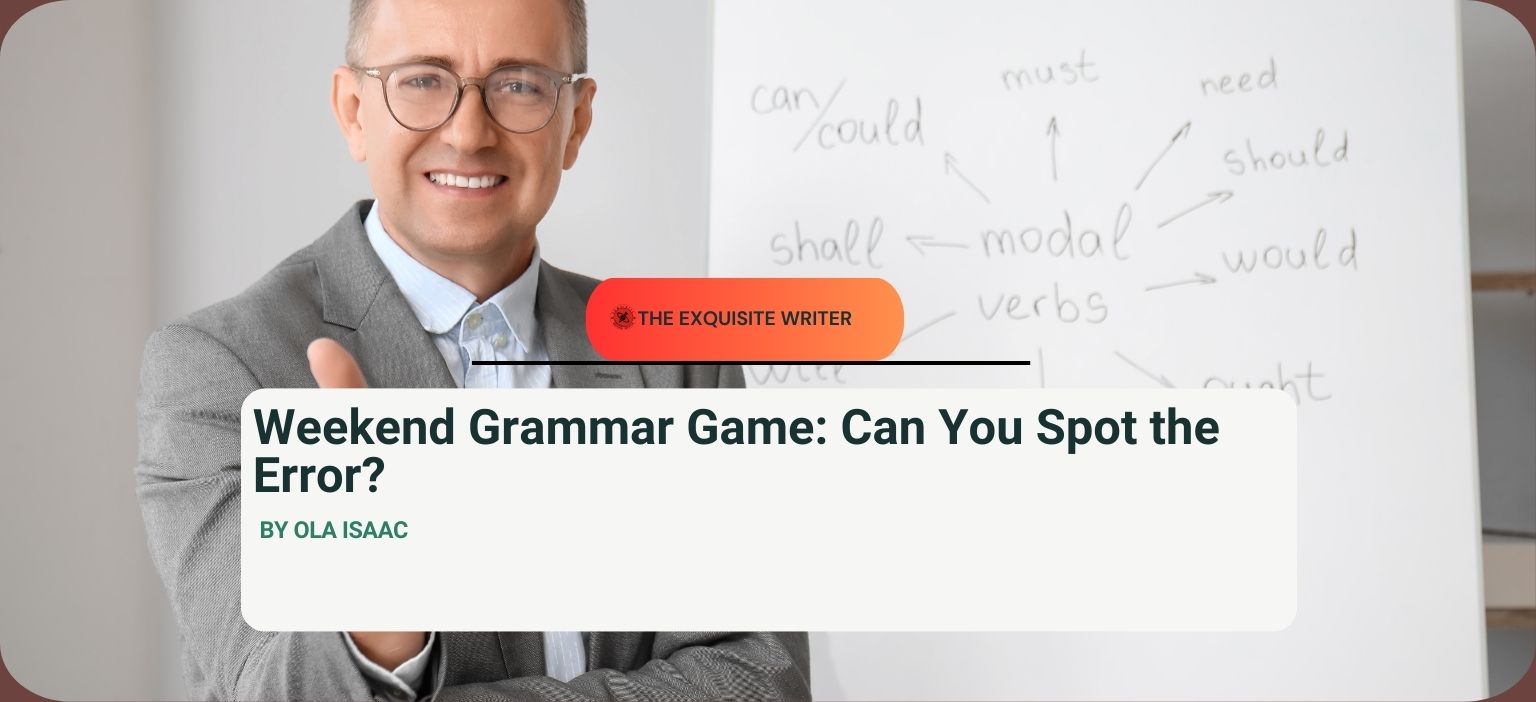
11 Grammar Mistakes That Make You Look Like a Noob (And How to Fix Them)
Nothing ruins a powerful article or message faster than a grammar mistake!
Whether you are writing an email, texting, or posting on social media, a simple grammar fail can make you look unprofessional, and what’s more, a total noob.
Want to strengthen your grammar and writing style even more? Check out our guide on 16 Writing Skills Examples to Level Up Your Craft. It perfectly complements this piece.
According to Embryo, the cost of grammar slips can be quite significant.
However, as a writing agency with over a decade of experience writing for many businesses, The Exquisite Writers has compiled some common grammar mistakes and tips on fixing them here.
Of course, this doesn’t make us perfect. Nonetheless, our years of experience have earned us this spot to offer help.

Common Grammar Mistakes to Avoid
Here are some of the common writing mistakes we see around:
1. Me vs. I
This is a prevalent mistake we often see. (And don’t tell anyone, some of our writers have been there, too.)
The Mistake:
- “Me and my friend went to the mall.”
- “She gave the gift to my friend and I.”
The Fix:
- Use “I” when it’s the subject: “My friend and I went to the mall.”
- Use “me” when it’s the object: “She gave the gift to my friend and me.”
The Exquisite Writers Tip:
Take out the other person and see if it makes sense.
For example, in the sentence “My friend and I went to the mall,” remove “My friend and.” You will be left with “I went to the mall.” If we say “Me went to the mall,” this sounds wrong, so it should be “My friend and I.”
For the second one: “She gave the gift to I” is incorrect, so it should be “to my friend and me.“
2. Who vs. Whom
Okay, cover your face if you are a victim. But don’t worry, you aren’t alone.
The Mistake:
- “Who should I give this gift to?”
- “Whom is knocking at the door?”
The Fix:
- “Who” is the subject (the one acting): “Who is knocking at the door?”
- “Whom” is the object (the one receiving the action): “To whom should I give this?”
The Exquisite Writers Tip:
If you can replace it with he/she/they, use “who.” If you can replace it with him/her/them, use “whom.”
An Example: Who is knocking at the door? If you replace ‘who’ with ‘“He’ is knocking at the door,” It makes sense. But if you say “‘Him’ is knocking at the door,” it is wrong.
Test Yourself: “Who/Whom do you love?” You love him, so it should be “Whom do you love?”
3. Lose vs. Loose
Now this happens very often. But pay attention to the mistake and the fix:
The Mistake:
- “Don’t loose your keys!”
- “I need to lose weight, my jeans are getting tight.”
The Fix:
- “Lose” means to misplace something or not win (“Don’t lose your keys!”).
- “Loose” means not tight (“My jeans are loose now.”).
The Exquisite Writers Tip:
If you’re talking about “losing” a game or an object, it’s “lose.” (Just one ‘o’) If something isn’t tight, it’s “loose.” (‘oo’; more like the “o” isn’t firm, so it has to come twice).
The Merriam-Webster Dictionary also explains this confusion in detail, and it’s surprisingly common even among professional writers.
4. Everyday vs. Every Day
You might have been guilty of this, at least once. Some of us have once been there, too.
The Mistake:
- “I visit the gym everyday.”
- “Wearing sneakers every day is an everyday habit for me.”
The Fix:
- “Everyday” is an adjective meaning common or routine (“These are my everyday shoes.”).
- “Every day” means each day separately (“I go to the gym every day.”).
The Exquisite Writers Tip:
If you can replace it with “each day,” use “every day.”
Fun example: “Wearing sneakers to work is not an everyday thing, but I wish it was every day!”
5. Fewer vs. Less
This is also on our dial as one of the common grammar mistakes people make:
The Mistake:
- “There are less people at the party than last year.”
- “I drank fewer water than usual yesterday.”
The Fix:
- Use “fewer” for items and things you can count: “There are fewer people at the party than last year.”
- Use “less” for things you can’t count (uncountable nouns): “I drank less water than usual yesterday.”
The Exquisite Writers Tip:
If you can count the items individually (chairs and apples), use “fewer.” If it’s a general amount ( time, sugar, water), use “less.”
Fun example: Imagine heading to the grocery store and seeing two checkout signs—one says “5 Items or Less” and the other says “5 Items or Fewer.” Which one is right?
Yes! The second one!
Because you can count the items, it should be “5 Items or Fewer.” (Even some stores get this one wrong! Lol!
6. Apostrophe Overload (or Lack of One!)
It’s common to see the misuse of apostrophes these days. Let’s examine some of them.
The Mistake:
- “The Smith’s are coming over.”
- “I love my friends cooking.”
- “Its a great day!”
The Fix:
- Use apostrophes for contractions. For example: “It’s a great day.”
- Use apostrophes to show possession: “I love my friend’s cooking.” (If one friend) or “I love my friends’ cooking.” (If more than one).
- No apostrophe for plurals: “The Smiths are coming over.” (Not “Smith’s”—unless they own something, like “The Smith’s Car”)
The Exquisite Writers Tip:
Don’t add an apostrophe if it’s just making a word plural!
7. Your vs. You’re
It’s rare. Nonetheless, it’s worth mentioning.
The Mistake:
- “Your going to like this new food!”
- “I found you’re phone at the mall.”
The Fix:
- “Your” shows possession (“Your bike is awesome.”).
- “You’re” is short for “you are” (“You’re going to love this new food.”).
The Exquisite Writers Tip:
If you can replace the word with “you are, ” use “you’re.” Otherwise, it’s “your.”
It’s that simple!
8. There, Their, and They’re
The misuses of the two are common. I added the third one deliberately
The Mistake:
- “There going to the market later.”
- “I love there outfits!”
- “Their is a new restaurant in town.”
The Fix:
- “There” refers to a place (“Put your pen over there.”).
- “Their” shows possession (“Their cat is beautiful.”).
- “They’re” means “they are” (“They’re Happy for the trip.”).
The Exquisite Writers Tip:
If you can replace it with “they are”, use “they’re.” If it reveals ownership, use “their.” If it’s about a place, use “there.”
For beginners or ESL writers, our post on The Pomodoro Technique for Writers explains more tips on writing.
9. Affect vs. Effect
This grammar mistake is rare, but it happens, too.
Even Cambridge Dictionary has dedicated pages explaining this one, because it’s one of the trickiest word pairs in English.
The Mistake:
- “The storm will effect our travel plans.”
- “The new law will have a big affect on taxes.”
The Fix:
- “Affect” is usually a verb (“The weather affects my mood.”).
- “Effect” is usually a noun (“The new law had a big effect on taxes.”).
The Exquisite Writers Tip:
If you’re describing something happening. That is, when you are describing an action, use “affect.” If it’s the result of something, use “effect.”
10. i.e. vs. e.g.
This mistake is common with little children; if you have kids around you who are just starting to master writing, you will often find this mistake with them.
The Mistake:
- “I love spending time watching fantasy movies (i.e., Lord of the Rings, Star Wars, Harry Potter).”
- “I enjoy outdoor activities (e.g., surfing, hiking, skydiving) like crazy.”
The Fix:
- “i.e.” means “that is” or “in other words.” Use it when clarifying something (“I love watching fantasy movies, i.e., movies with magic and adventure.”).
- “e.g.” means “for example.” Use it when giving examples (“I enjoy outdoor activities, e.g., hiking, surfing, skydiving.”).
The Exquisite Writers Tip:
Think of “e.g.” as “example given.” It’s that simple.
Fun example: If you say, “I love desserts (i.e., cake, ice cream, cookies),” you mean you ONLY love those specific desserts. But if you say, “I love desserts (e.g., ice cream, cake, cookies),” you’re just giving a few examples, leaving room for more delicious treats.
11. Compliment vs. Complement
This is the final one on our list; It is as important as the first one. Like some grammar mistakes in this list, it is also rare, but it is worth mentioning
The Mistake:
- “That suit really compliments your outfit!”
- “He gave me a nice complement about my presentation.”
The Fix:
- “Compliment” means to say something nice (“He gave me a nice compliment about my outfit.”).
- “Complement” means something that goes well with another (“That jacket complements your outfit.”).
The Exquisite Writers Tip:
Just think of “compliment” as something you might say in a message (M for message).
Final Thoughts
Grammar may seem like a small thing. Honestly, that’s what most writers think until they get started, submit an article, and revision starts popping in.
But get started with a few here. Of course, there are still more.
In future episodes, we’ll explore more grammar mistakes so you can convey the right message when writing.
Now, with this information, you can look sharper, brighter, and way less like a noob.
Now, go forth and write like a pro!
Want to sharpen your writing further? Explore our free resources on how to avoid writers block to improve your writing and building strong paragraph habits.
Want to test yourself? Write a sentence using their, there, and they’re correct! Drop it in the comments and let’s examine your grammar skills.
Then, join our community today. Yes, get started here!




3 Comments
Pingback:
Pingback:
Pingback: